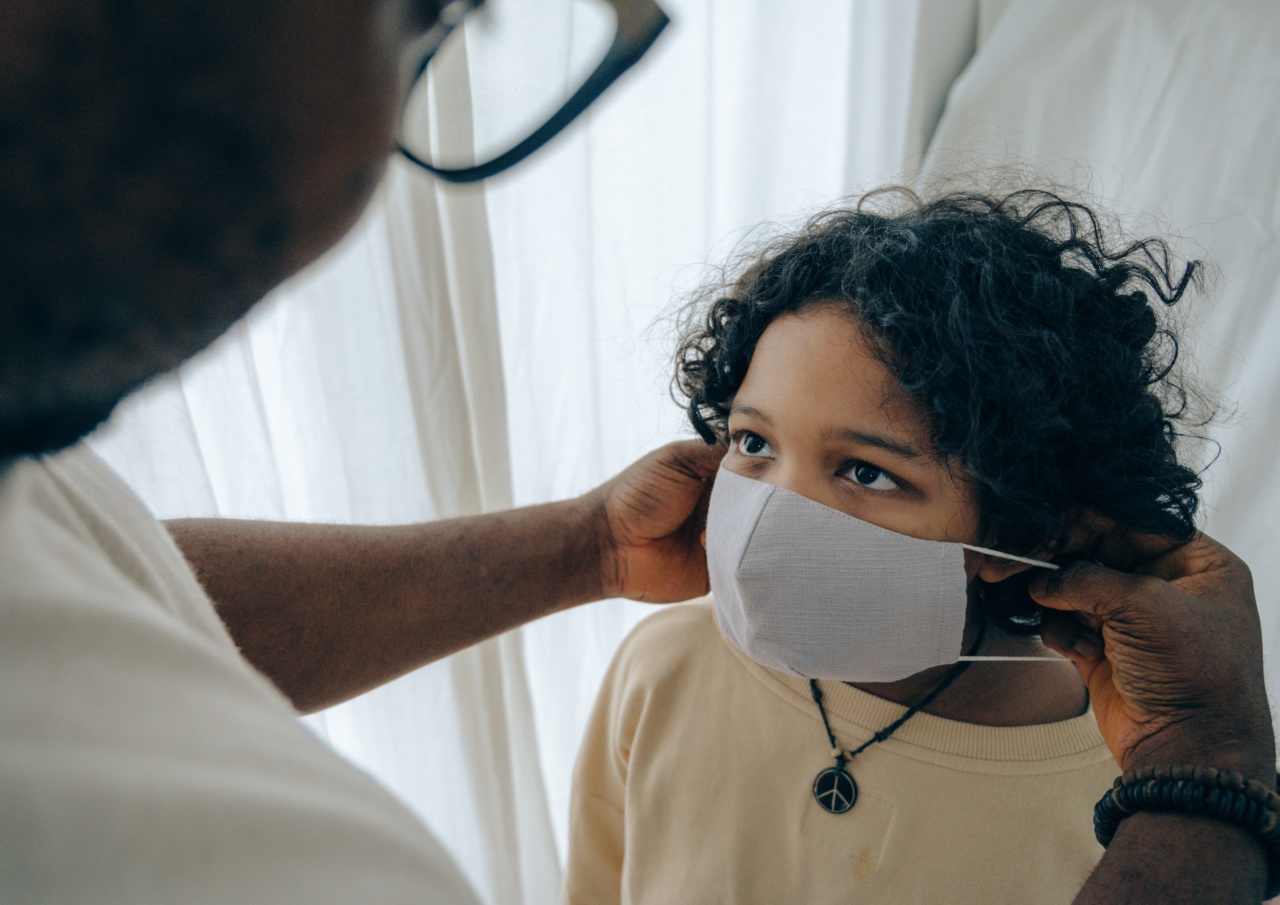Undergoing surgery is a significant event in anyone’s life, and while the primary focus is often on the success of the procedure, it is equally important to consider the risks associated with postoperative infections.
Infections can result in prolonged hospital stays, additional medical procedures, and in severe cases, even death. However, with proper knowledge and care, patients can play an active role in reducing the risk of postoperative infections.
This article will outline essential information that every patient needs to know in order to prevent such infections and ensure a successful recovery.
1. Understand the Importance of Hand Hygiene
One of the most effective ways to prevent postoperative infections is by practicing proper hand hygiene.
Before and after touching any surgical wounds or dressing, it is crucial for patients and caregivers to thoroughly wash their hands with soap and water for at least 20 seconds. If soap and water are not readily available, an alcohol-based hand sanitizer with at least 60% alcohol content can be used as an alternative.
2. Keep Surgical Wounds Clean and Dry
After surgery, keeping the surgical wounds clean and dry is essential to minimize the risk of infections. Patients should carefully follow the instructions provided by their healthcare providers regarding wound care.
This may include regularly changing dressings, properly cleaning the wounds, and avoiding activities that may lead to excessive moisture or dirt accumulation in the wound area.
3. Follow Antibiotic Protocols
In some cases, healthcare providers may prescribe antibiotics to prevent infections after surgery. It is crucial to follow the prescribed dosage and duration of the antibiotic course strictly.
Patients should not skip doses or stop taking the antibiotics without consulting their healthcare provider first, as this can lead to antibiotic resistance and increase the risk of infections.
4. Properly Manage Catheters and Drains
If patients require the use of catheters or drains after surgery, it is important to ensure they are properly managed to reduce the risk of infections.
Healthcare providers will provide instructions on how to care for and maintain catheters and drains, including proper cleaning techniques and monitoring for any signs of infection. It is crucial to follow these instructions diligently to prevent postoperative infections.
5. Practice Respiratory Hygiene
Respiratory hygiene is particularly important in preventing infections, especially during the current times of heightened awareness due to the COVID-19 pandemic.
Patients should follow appropriate respiratory hygiene measures, such as covering their mouth and nose with a tissue or elbow when coughing or sneezing. Used tissues should be disposed of immediately, and hands should be washed thoroughly afterward.
6. Maintain a Balanced and Nutritious Diet
A healthy diet plays a crucial role in strengthening the immune system and promoting faster healing. Patients should ensure they are consuming a well-balanced diet that is rich in vitamins, minerals, and protein.
This can help boost their immune system, reduce the risk of infections, and expedite the healing process.
7. Quit Smoking
Smoking compromises the respiratory system and impairs the body’s ability to fight off infections. It is strongly advised that patients eliminate smoking before and after surgery to reduce the risk of postoperative infections.
Healthcare providers can provide resources and support to those looking to quit smoking.
8. Maintain a Clean Environment
Patients should ensure that their environment is clean and conducive to a healthy recovery. This includes regularly cleaning surfaces, maintaining good ventilation, and ensuring bedding and clothes are clean and regularly washed.
A clean environment can help minimize the risk of infections and promote overall well-being.
9. Attend Follow-up Appointments
After surgery, it is important to attend all scheduled follow-up appointments with healthcare providers.
These appointments allow healthcare providers to monitor the healing progress, evaluate the effectiveness of any prescribed medications, and address any concerns or potential signs of infection. Regular follow-up visits are vital in ensuring a successful recovery.
10. Stay Informed and Communicate with Healthcare Providers
Lastly, staying informed and maintaining open communication with healthcare providers is essential in reducing the risk of postoperative infections.
Patients should actively seek information about their surgical procedure, postoperative care, and potential signs of infections. Any concerns or symptoms should be promptly communicated to healthcare providers, allowing for early intervention and appropriate management.































